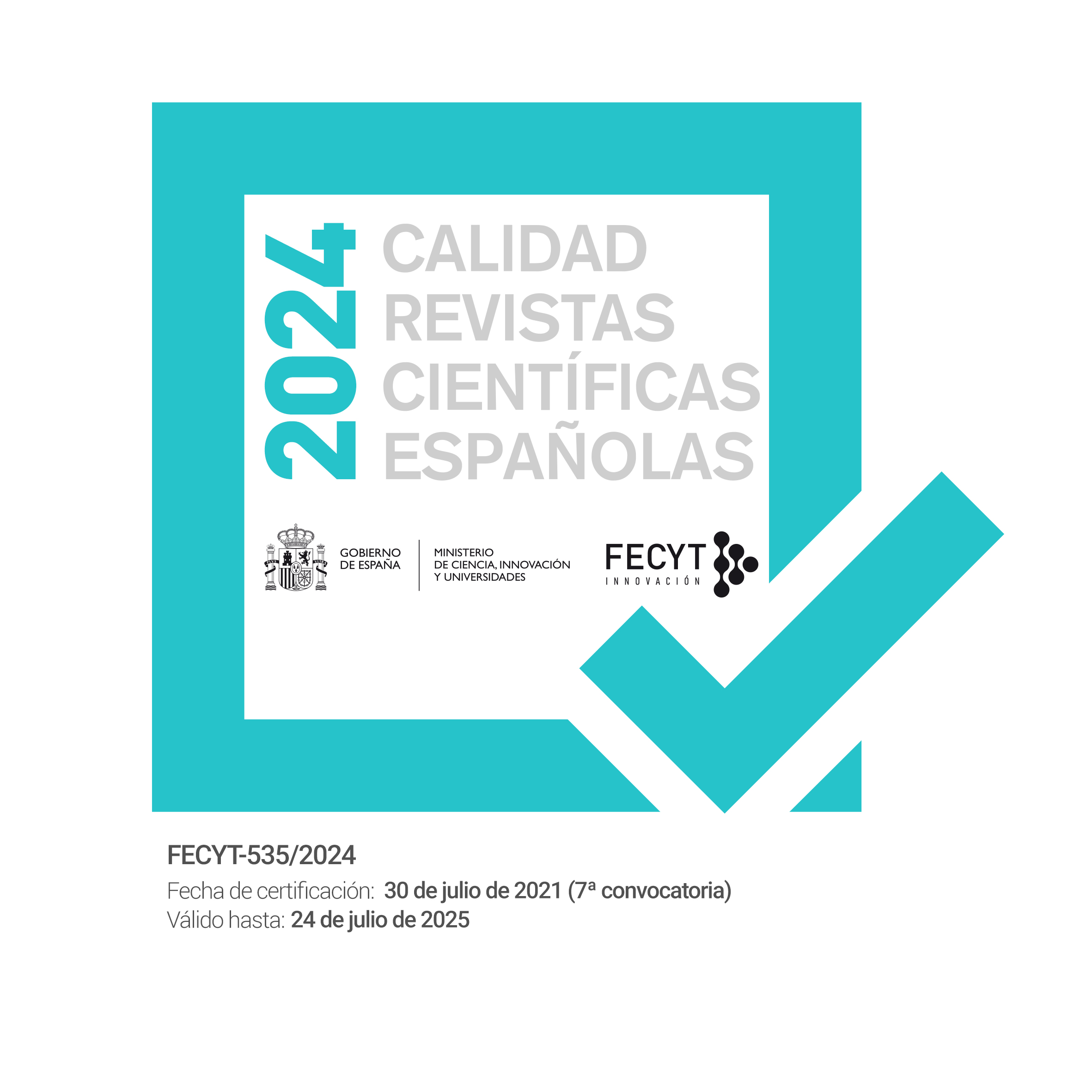NEW ISSUE 14-1
Editors
Unai Villalba-Eguiluz, unai.villalba@ehu.eus
Asier Arcos-Alonso, asier.arcos@ehu.eus
______
Applied Economics Department, University of the Basque Country, UPV/EHU
HEGOA, Institute of Development Studies and International Cooperation
Topic
The Social and Solidarity Economy (SSE) has received increasing attention around the world in recent decades. Especially in Latin America and Europe there has been a notable process of institutionalization of new SSE policies, while various social actors have articulated from their daily practices under this same approach. Thus, the SSE is becoming more relevant both for public policies and for social agents. This growing role of the SSE comes from its potential to face several current global challenges, such as inequality and social exclusion, the generation of decent work, gender equity, or the ecological crisis.
At the same time, calls to avoid trespassing planetary boundaries, actions against climate change, the search for ecological sustainability, and the need to promote just and equitable eco-social transitions, have become one of the central current challenges for humanity. A central task to which traditional development discourses fail to respond (neither do the SDG), which is why the need of transitions towards other models and alternatives to development becomes evident.
Both issues (SSE and sustainability transitions) have received increasing attention from the academic literature separately, but there are still not enough works that unite both perspectives to look for synergies and possible points of confluence (or conflict). This monograph intends to contribute in this direction. We expect to receive original articles from a critical perspective with empirically and theoretically well-grounded case studies.







